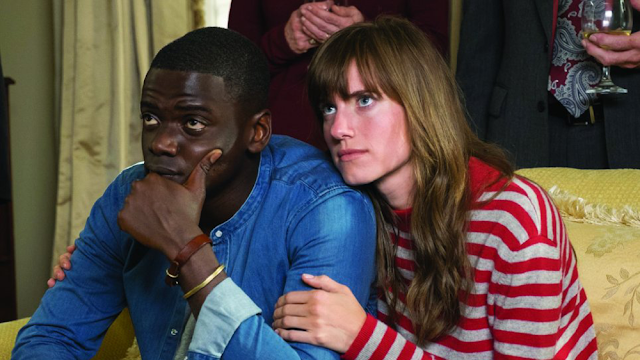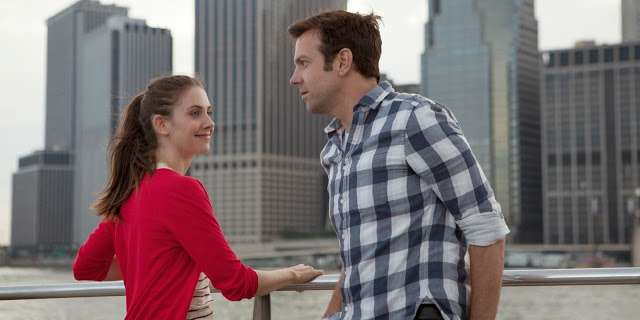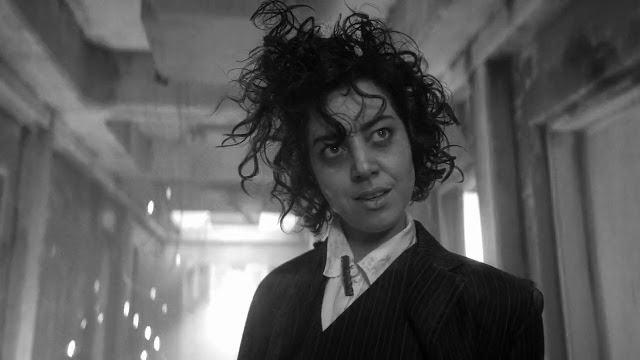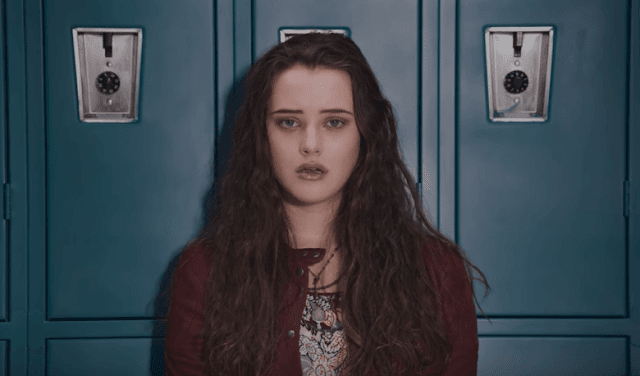Ranking Every Movie of 2018 (all 135 of them)

Yesterday, the Manifesto unveiled its list of the 10 best movies of 2018. Today, per annual tradition, we’re expanding that list and ranking every single movie of the year, or at least every single one that we saw. This is a deeply silly exercise, but it’s also a fun one, designed to inspire frivolous debates and indignant arguments, which are of course what the internet does best.
It’s also meant to be something of a service. For each title, in addition to embedding a hyperlink to my full review (where applicable), I’ll include a parenthetical identifying the movie’s director, its Rotten Tomatoes and Metacritic scores (to see whether I conform with or diverge from the critical consensus), and—most usefully—a notification if it’s currently available on a particular streaming service. The idea is that you can continually refer back to this list over the coming years when you’re craving something to watch and you’re too lazy to Google the latest Indiewire poll. You’re welcome. Read More




